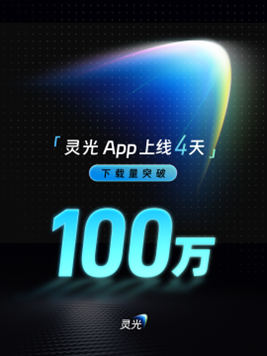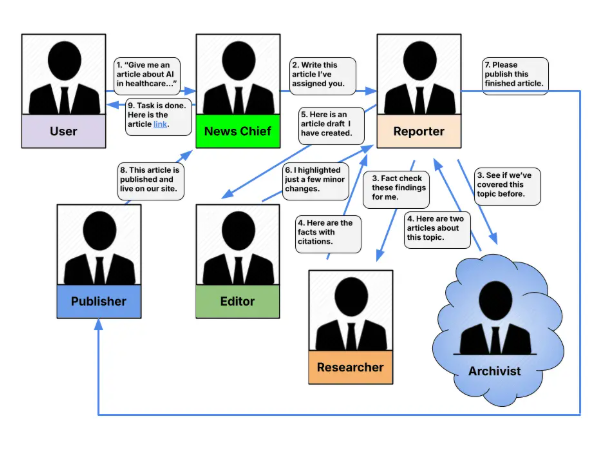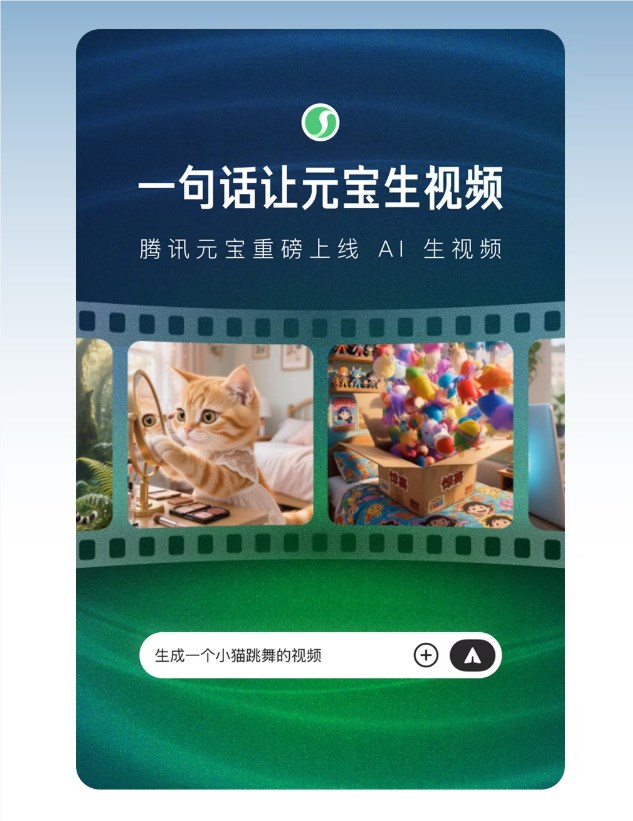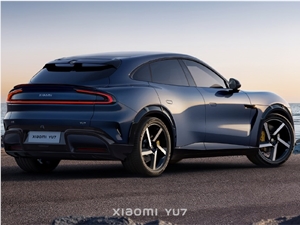OpenAI announced a major update to its image generation API (Responses API), introducing new features such as streaming, multi-round editing, and integration with Model Context Protocol (MCP) tools and real-time web data search. These new capabilities not only enhance the efficiency of image generation but also provide developers with more flexible creation methods, marking a new stage in AI-driven visual content creation. AIbase has compiled the core highlights of this update and its far-reaching impact on the industry.
Streaming: Real-Time Preview, More Efficient Creation
The newly added streaming function in OpenAI's image generation API allows users to view partial images in real time during the generation process without waiting for the entire process to complete. This feature significantly shortens the feedback time during creation, enabling developers to instantly adjust prompts or parameters during loading to optimize the generated results. Compared to the traditional full-generation mode, streaming not only improves efficiency but also makes it possible to dynamically adjust the direction of creation, especially suitable for scenarios requiring rapid iteration, such as real-time design or content creation.

Multi-Round Editing: High-Fidelity Modifications, Saving Computing Resources
The newly introduced multi-round editing function brings higher flexibility to image generation. Developers can now perform high-fidelity edits on generated images through multiple rounds of interaction without having to start from scratch each time. This function reduces computing resource consumption significantly through caching optimization technology while maintaining the stability of image quality. For example, designers can make step-by-step adjustments to the details of generated images, such as changing backgrounds, optimizing colors, or adding elements, thus achieving more precise creative control.
MCP Integration and Real-Time Data: Connecting External Tools and Dynamic Content
Another highlight of this update is the integration with MCP servers. OpenAI's image generation API now supports connecting to MCP servers with just a few lines of code, compatible with various tools including Cloudflare, Stripe, Twilio, Shopify, PayPal, and Zapier. This feature enables developers to seamlessly integrate image generation with external data sources or services. For example, they can extract real-time data from corporate databases via MCP servers or call external APIs to complete complex tasks.
In addition, the API also supports real-time web searches, allowing developers to generate images by combining the latest web data. For instance, AI can generate visual charts based on real-time stock data or create customized marketing materials according to social media trends. This dynamic data integration capability greatly expands the application scenarios of image generation, benefiting fields such as advertising design and data visualization.
Industry Impact: Reshaping the AI Visual Creation Ecosystem
This update to OpenAI's image generation API not only enhances technical performance but also provides developers with unprecedented creative freedom through MCP integration and real-time data support. The streaming and multi-round editing functions lower the barrier to creation, making it easier for non-professional users to get started quickly, while the compatibility of MCP provides strong scalability for enterprise-level applications. Industry insiders believe that this update will further promote the popularization of AI in creative industries, e-commerce, and data analysis.
However, the powerful generative capabilities also bring potential ethical challenges. Generated realistic images or dynamic content based on real-time data could be misused, such as spreading false information. OpenAI stated that it will minimize the risk of technology abuse through strict API usage norms and security review mechanisms.
Future Prospects: Infinite Possibilities in AI Creation
OpenAI's Responses API update injects new vitality into image generation technology. The combination of streaming and multi-round editing makes the creation process more intuitive and efficient, while MCP integration paves the way for deep integration between AI and external ecosystems. In the future, developers are expected to use this API to create smarter and more personalized visual content, opening up new possibilities from interactive advertisements to immersive virtual experiences.








